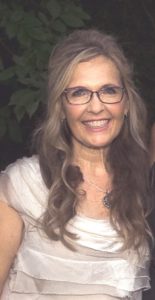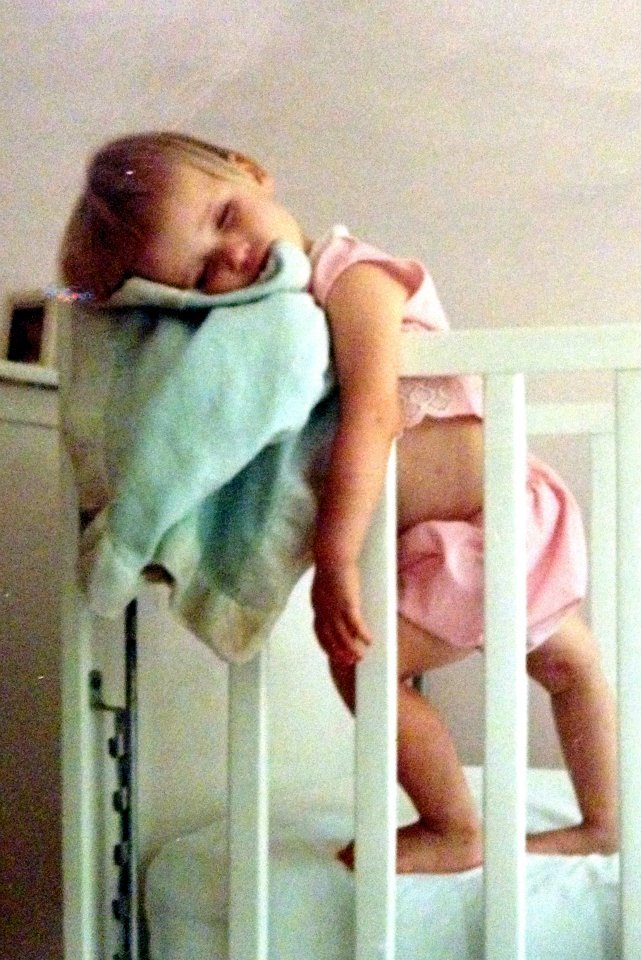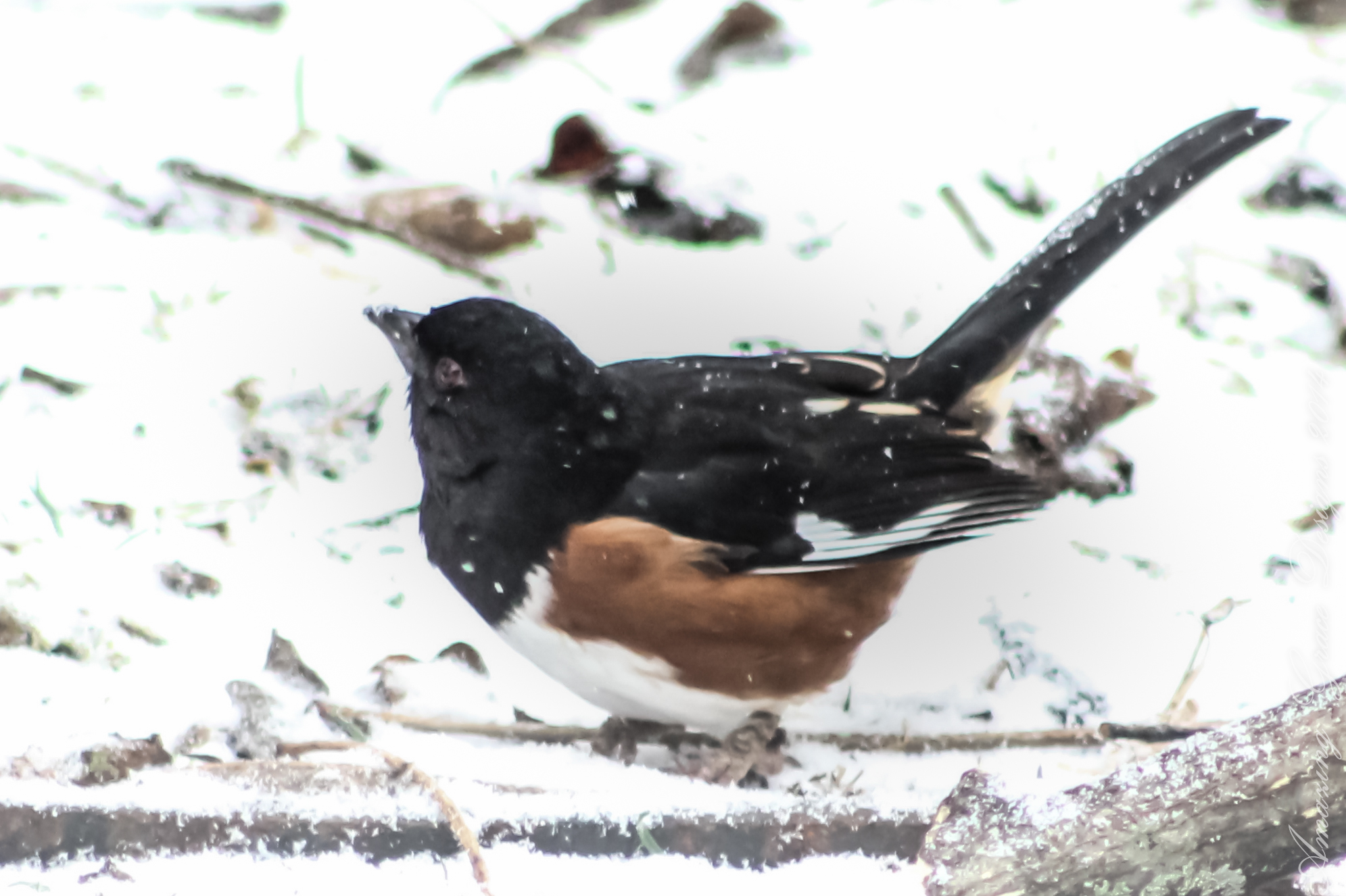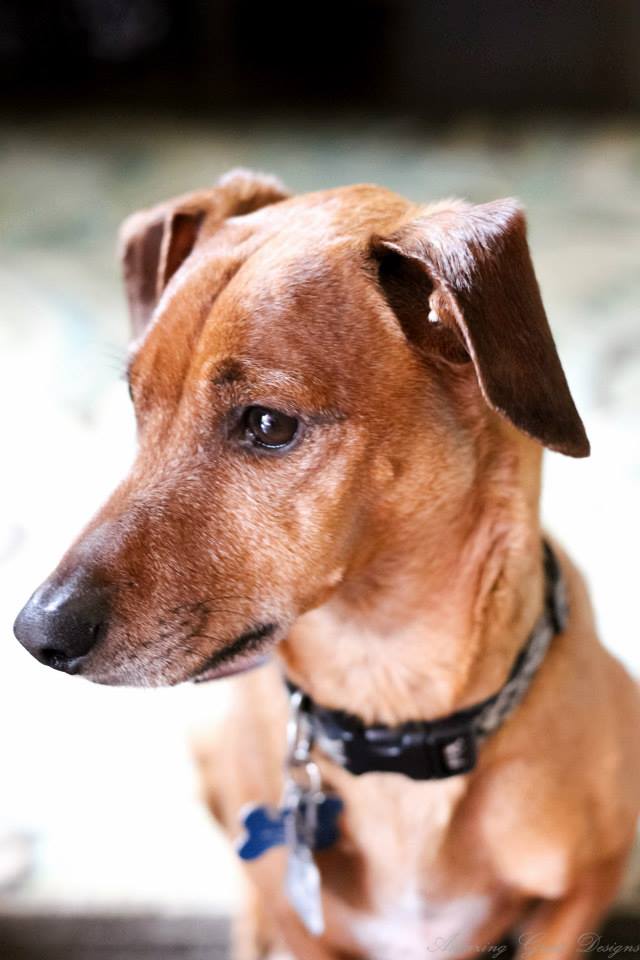The Future is Ours, and It is Theirs
The Future is Ours, and It is Theirs
“Someone’s sitting in the shade today because someone planted a tree a long time ago.” ― Warren Buffett
They said it had to be done, and we did it. Removing those three wonderful trees from the front yard was painful, on the pocketbook and on the heart. Roots that had been exposed in the eroding soil could not continue to support the tall trees that once stood so proudly. We counted the rings in the trunk and figured the trees had been on the land that is our yard a little less than a hundred years. Wow, a hundred years ago, around 1915, someone planted seeds that became the trees which shaded our home. Their lives must have been so different from ours, yet we are connected by the trees we shared. What will be planted in that space is not going to be an easy choice for us to make, for whatever we plant will benefit some family living here long after we are gone. It’s a great reminder to all of us that what we do today has less to do with us than we think and more to do with generations to follow.
We think about the future generation when we have children and begin planning their lives. Kids just want to be kids, and some parents allow them to be just that, but other parents seem to embrace the thought that the future begins today. Children with a little talent suddenly are being prepped to be a professional sports figure, actress, or musician, with the focus on college scholarships when the child is only in elementary school. It’s easy to think about the future when you have a face attached to your plans, but it is the faceless future who will benefit the most from our daily actions.
Driving to an appointment recently, I was watching for signs along the road to help me find the building. It occurred to me that someone long ago realized that people might need a little help finding their way. Basically, someone who doesn’t know me at all helped direct me to where I needed to be. I was someone else’s faceless future, and it has made me think about who might be mine.
We can teach children to recycle and to care for the soil. We can choose, as adults, to live as sustainably as we are able so that the next generation sees how that works. In fact, we do things every day that will impact the faceless future citizens of our city, state, country, and world, yet we so often act as if only those of us here today matter.
What can you do to leave your mark for the future? I don’t mean where can you leave your wealth, or what monument can you hope is built in your memory, but how will you allow your choices to make a difference to those who live here later? Will they sit in the shade of a tree you have taken good care of, climbing branches you climbed as a child? Will they drink water that is clean and plentiful because you took time to learn how to take care of the environment? Every choice we make today will benefit or hurt someone tomorrow.
Tomorrow could be tomorrow or it could be fifty years from now. Not everything we do is about the long-term tomorrows, is it? What about the stranger you speak kindly to today who you discover tomorrow is serving your food or changing the oil in your car? What about the person you take time to help today who feels empowered to help someone else tomorrow? We are all connected by our actions and our inactions.
Sitting quietly while we watch harm being done to another person is an inaction that impacts several tomorrows. If we have a voice, we can make a choice to use it. For the faceless future victims, we can speak up today, for the faceless future leaders we can encourage today. For every time we speak and do, we empower someone else to be better than they thought they were, and the future is forever changed for the faces we know and those we will never see.
Organ donors, who never see their recipients, live on as seen time and time again in changed attitudes, eating choices, and dreams. Negative things that fill us today risk being carried on at a cellular level in the children born to us, much as our ancestors can be seen in those of us living today. Faces they never knew, but lives they have touched, as we hear how we are just like Great Aunt So and So or Great Grandfather What’s His Name.
Today, we can create positive futures for the faceless boys and girls, men and women who will follow us by changing the way we eat, work, laugh, and live. One day, someone you will never know will be thankful for the shade of the trees you plant, the safety of the soil upon which you have farmed, and the joy that will be shared under the same sun that lightened your own soul so many years before.



